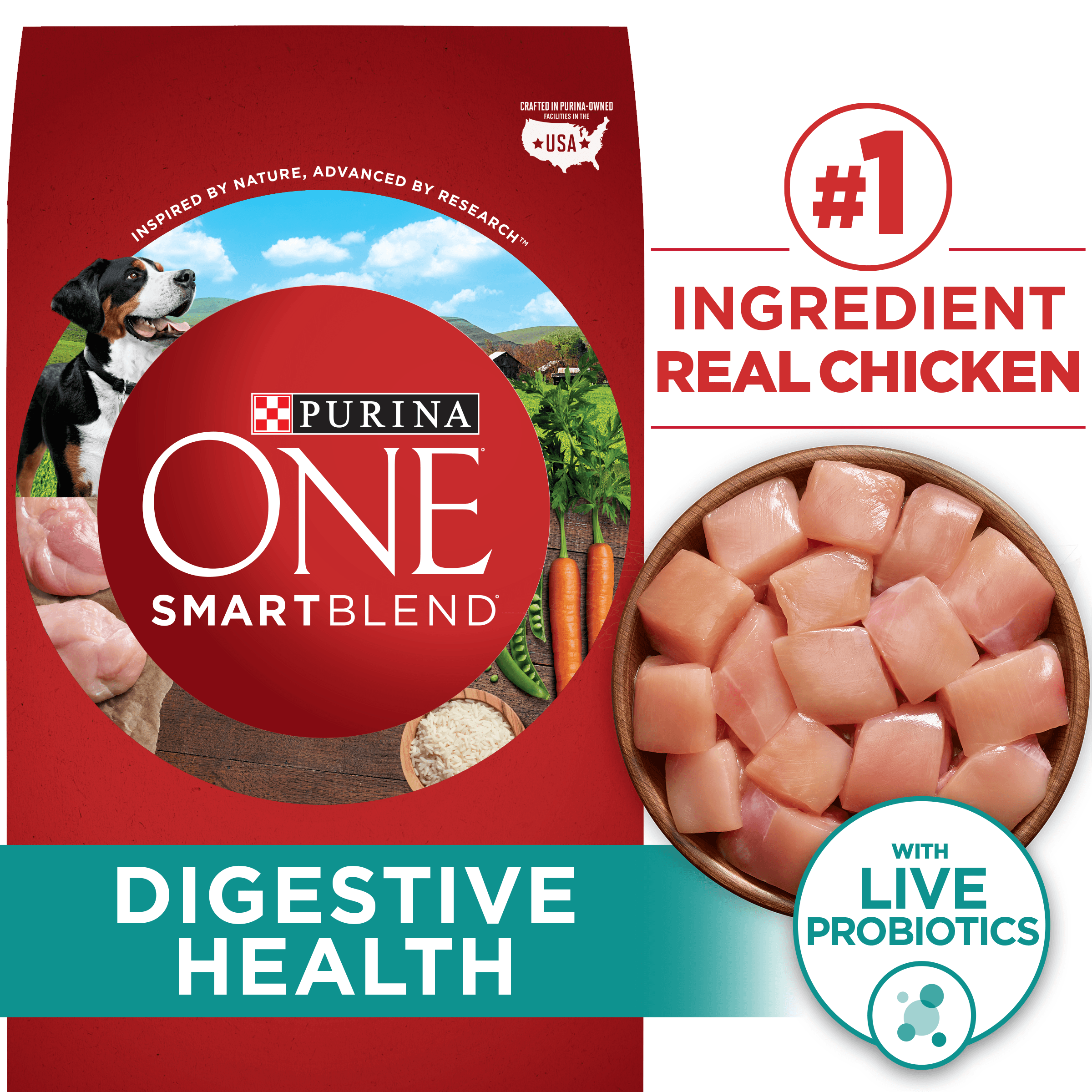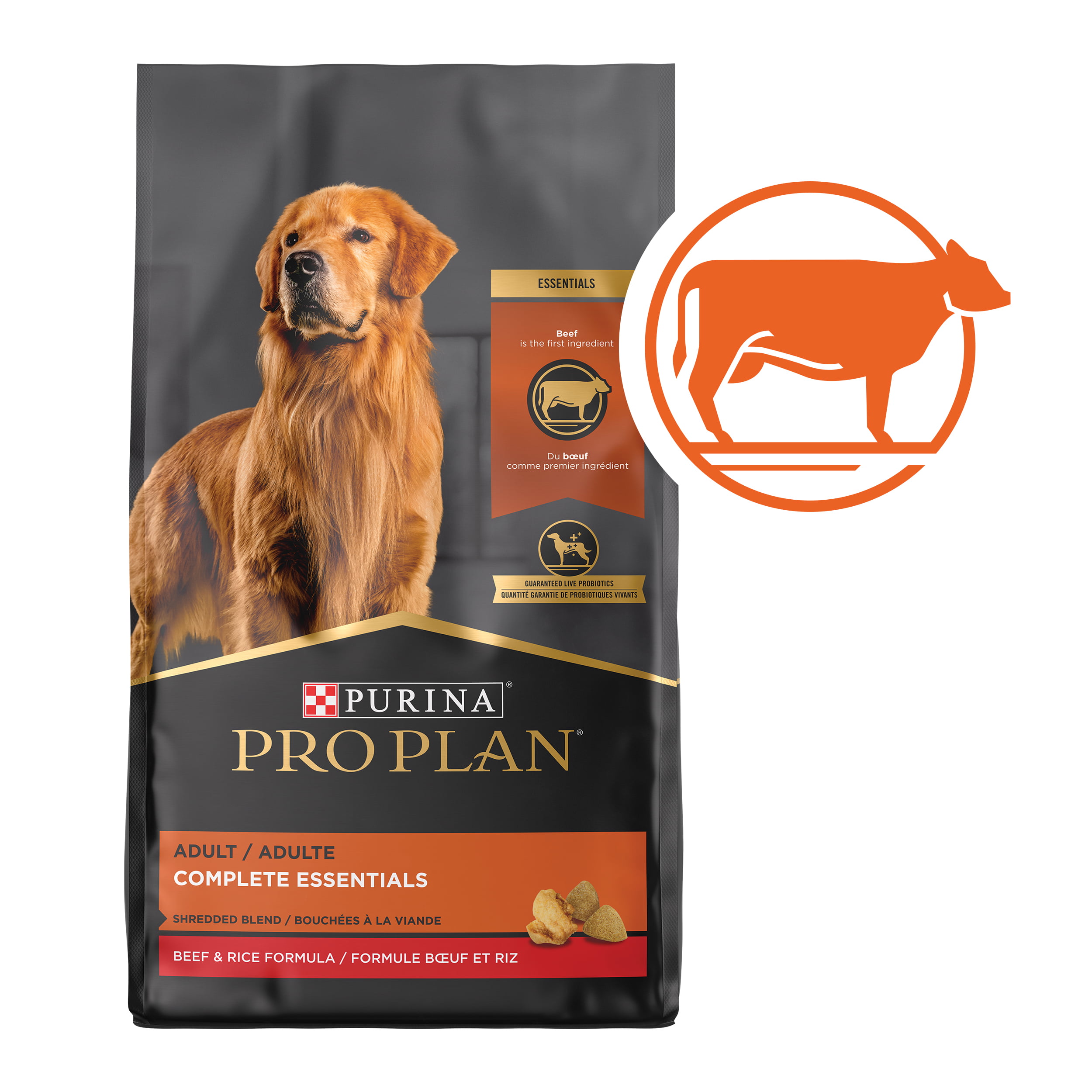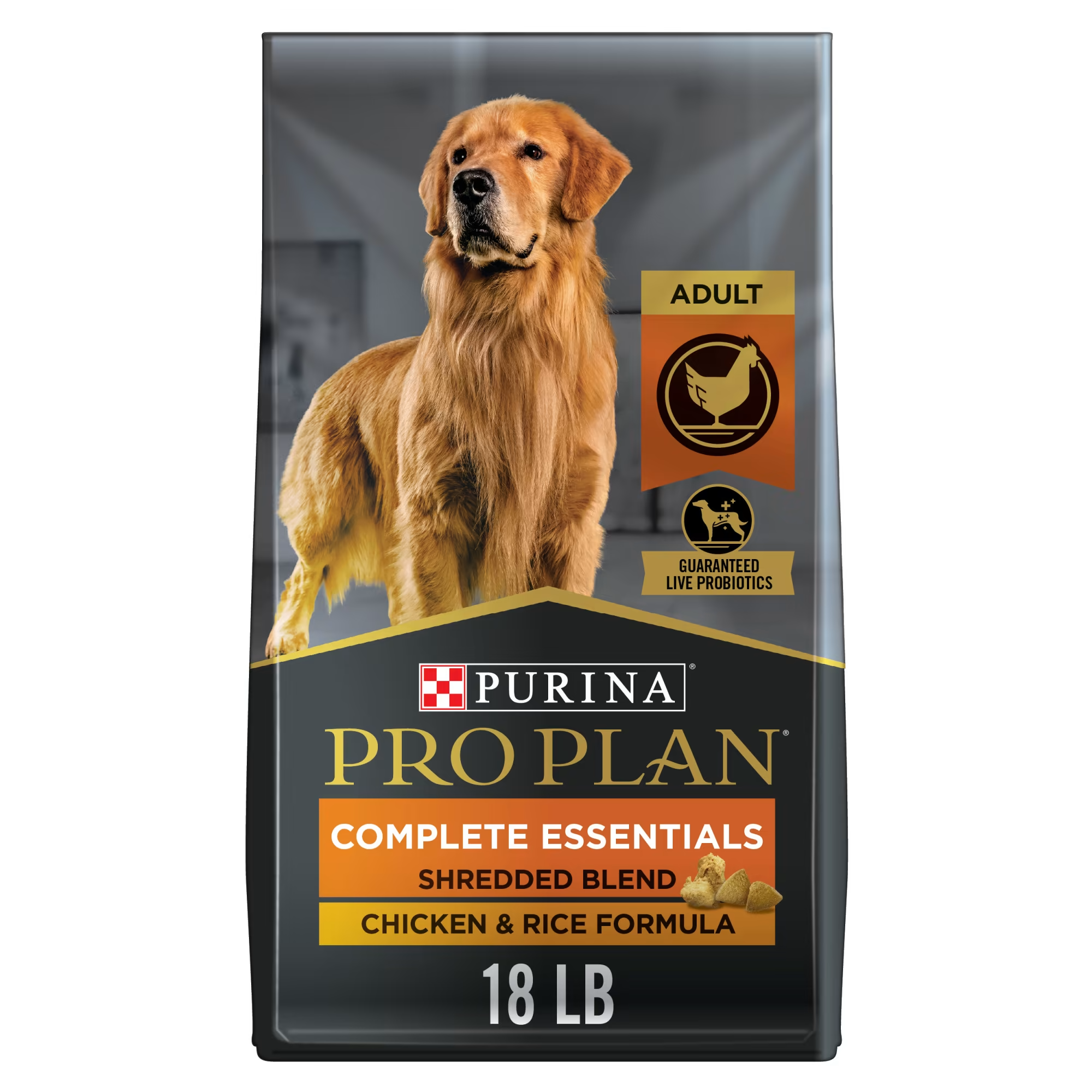Unleash the transformative potential of dog food with probiotics! Dive into the fascinating world of canine nutrition as we explore the remarkable benefits these microscopic allies hold for your furry companion’s well-being.
From supporting a healthy digestive system to boosting immunity, probiotics are essential players in maintaining a thriving canine lifestyle. Join us on this enlightening journey as we delve into the science behind these remarkable microorganisms.
Probiotics in Dog Food
Probiotics are live microorganisms that, when consumed in adequate amounts, provide health benefits to the host. In dog food, probiotics play a vital role in maintaining a healthy digestive system by promoting a balanced gut microbiome.
Benefits of Probiotics for Dogs
- Improve digestion and absorption of nutrients
- Support immune function
- Reduce allergies and skin irritation
- Promote overall well-being and vitality
Types of Probiotics Used in Dog Food
Common types of probiotics used in dog food include:
- Lactobacillus acidophilus
- Bifidobacterium bifidum
- Enterococcus faecium
Role of Probiotics in Supporting a Healthy Digestive System
Probiotics work by colonizing the digestive tract and competing with harmful bacteria for space and nutrients. They produce antimicrobial substances that inhibit the growth of pathogens, and they stimulate the immune system to fight off infections. Probiotics also help to break down complex carbohydrates and produce vitamins and enzymes that aid in digestion.
Benefits of Dog Food with Probiotics

Introducing probiotics into your dog’s diet can bring about a myriad of health benefits. Probiotics, live microorganisms, contribute to a balanced gut microbiome, leading to improved digestion, immune function, and overall well-being.
Specific Health Conditions
- Diarrhea and Vomiting:Probiotics help regulate gut motility, reducing the frequency and severity of diarrhea and vomiting episodes.
- Allergies and Sensitivities:Probiotics can modulate the immune system, potentially reducing the severity of allergic reactions and skin irritations.
- Dental Health:Probiotics can help inhibit the growth of harmful bacteria in the mouth, reducing the risk of dental disease.
Immune-Boosting Effects
Probiotics play a crucial role in boosting the immune system by:
- Stimulating the production of antibodies and immune cells.
- Inhibiting the growth of harmful bacteria.
- Reducing inflammation throughout the body.
Allergies and Sensitivities
Dogs with allergies or sensitivities often have an overactive immune system that reacts to certain substances. Probiotics can help regulate the immune response, potentially reducing the severity of allergic reactions and skin irritations.
Considerations When Choosing Dog Food with Probiotics

Selecting the right dog food with probiotics is crucial for your pet’s well-being. Consider these factors when making your choice:
Key Factors to Consider
- Probiotic Strain:Different probiotic strains have specific benefits. Choose a food that contains strains proven to support digestive health.
- Concentration:The number of CFUs (colony-forming units) per serving indicates the probiotic concentration. Higher CFU counts generally indicate greater potential benefits.
- Other Ingredients:Check the ingredient list for additional beneficial ingredients like prebiotics, fiber, and omega fatty acids.
- Life Stage and Health Needs:Consider your dog’s age, activity level, and any specific health conditions when choosing a food.
- Veterinary Consultation:It’s always advisable to consult with your veterinarian before switching dog food, especially if your pet has any underlying health issues.
Comparative Table of Dog Food Brands with Probiotics
| Brand | Probiotic Strain | CFU Count | Additional Ingredients | Price Range |
|---|---|---|---|---|
| Purina Pro Plan | Bifidobacterium animalis lactis | 1 billion | Prebiotics, omega fatty acids | $15-$30 |
| Royal Canin | Enterococcus faecium | 100 million | Prebiotics, fiber | $20-$40 |
| Hill’s Science Diet | Lactobacillus acidophilus | 1.5 billion | Prebiotics, antioxidants | $25-$45 |
How to Feed Dog Food with Probiotics
Introducing probiotics into your dog’s diet should be done gradually to avoid digestive upset. Start by mixing a small amount of probiotic-rich food with your dog’s regular food and gradually increase the amount over several days.
The optimal frequency and amount of dog food with probiotics to feed will vary depending on the individual dog and the specific probiotic product being used. Generally, it is recommended to feed probiotic-rich food daily or every other day.
Storing Dog Food with Probiotics
Dog food with probiotics should be stored in a cool, dry place, away from direct sunlight. The probiotics in the food can be damaged by heat and moisture, so it is important to keep the food fresh.
Illustrations and Examples
To further illustrate the benefits of probiotics for dogs and provide practical examples, we present an infographic, a comparative table, and case studies.
Infographic
The infographic showcases a visually appealing representation of the benefits of probiotics for dogs, including improved digestion, enhanced immune system, and reduced allergies.
Comparative Table
The table below summarizes the key features of different dog food brands with probiotics, allowing you to compare and choose the best option for your pet.
| Brand | Probiotic Strain | Other Key Ingredients | Target Benefits |
|---|---|---|---|
| Acana | Bacillus subtilis, Lactobacillus acidophilus | Chicken, brown rice, oats | Improved digestion, skin health |
| Orijen | Bifidobacterium animalis, Lactobacillus casei | Free-run chicken, turkey, fish | Strong immune system, reduced allergies |
| Royal Canin | Enterococcus faecium, Lactobacillus rhamnosus | Chicken, brown rice, prebiotics | Optimal digestion, weight management |
Case Studies, Dog food with probiotics
Testimonials from dog owners who have seen positive results from feeding their dogs probiotics provide real-life evidence of their effectiveness.
“My dog used to suffer from constant digestive issues, but since switching to a probiotic-rich dog food, her symptoms have disappeared.”
Sarah, dog owner
“I’ve noticed a significant improvement in my dog’s skin and coat health after incorporating probiotics into her diet.”
John, dog owner
Q&A: Dog Food With Probiotics
Can probiotics cause any side effects in dogs?
While generally safe, some dogs may experience mild digestive issues like gas or diarrhea when first introducing probiotics. Consult your veterinarian if concerns arise.
How long does it take for probiotics to work in dogs?
Individual responses vary, but most dogs begin to experience benefits within a few weeks of consistent probiotic consumption.
Are all dog foods with probiotics created equal?
No, different brands and formulas vary in probiotic strains and concentrations. Choose high-quality dog food with a diverse range of probiotics for optimal results.


